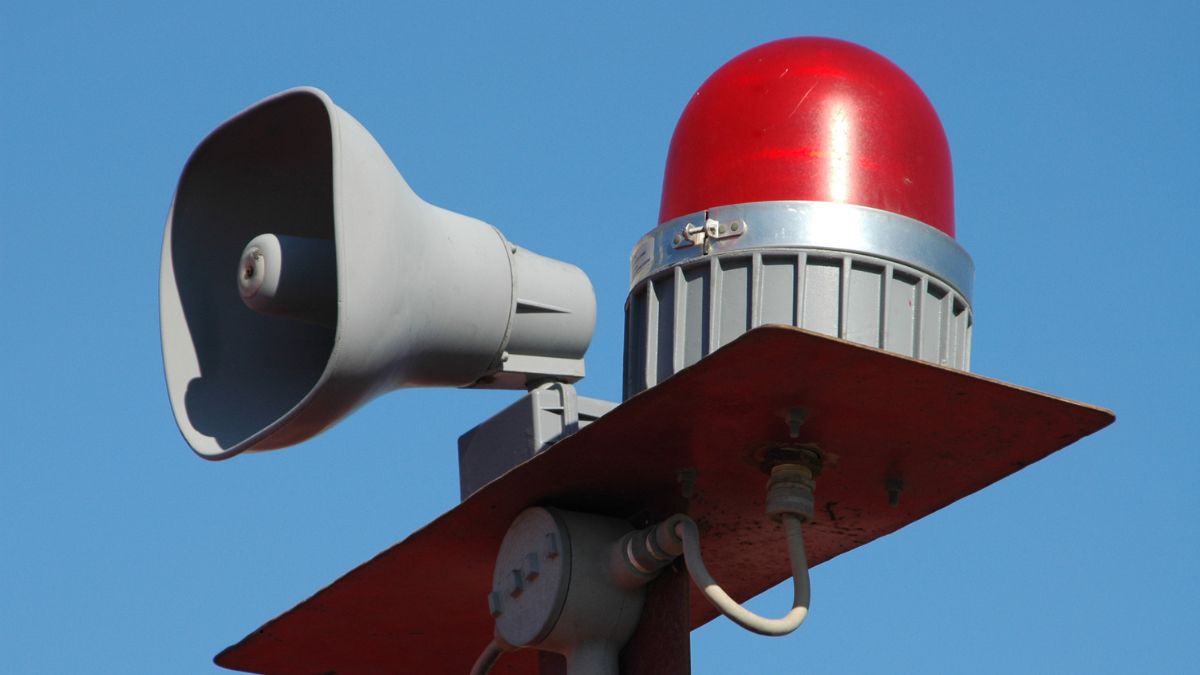In a rapidly evolving security situation, a complete blackout has now been enforced in Moga, Punjab, joining multiple Indian regions already on high alert following Pakistan’s repeated ceasefire violations. Earlier, districts in Rajasthan including Jaisalmer and Barmer, along with parts of Jammu & Kashmir, were placed under similar blackout protocols.
The blackout directive comes amid intensified Pakistani artillery shelling and drone activity across the International Border and Line of Control. Explosions were reported in key areas of Srinagar, Udhampur, and Lal Chowk just hours after the ceasefire agreement was announced between India and Pakistan.
District authorities in Moga have asked residents to follow strict civil defence protocols, warning that any visible light from homes or buildings may aid enemy surveillance or targeting.
What should civilians do during a blackout?
-
Switch off all outdoor and indoor lights, including tube lights and decorative lighting.
-
Close curtains or cover windows to ensure no light escapes.
-
Do not use mobile flashlights or torch lights near windows or rooftops.
-
Refrain from posting photos or videos online during alerts as it may reveal sensitive location data.
-
Stay indoors and avoid unnecessary movement.
-
Listen to official advisories via radio, government social media, or verified news outlets.
-
Keep essential items ready like water, power banks, torches, and first-aid kits.
-
Assist elderly and vulnerable neighbours with blackout preparations.
Authorities have reiterated that while these measures may cause discomfort, they are critical to safeguard civilians and protect national security during high-alert scenarios.


